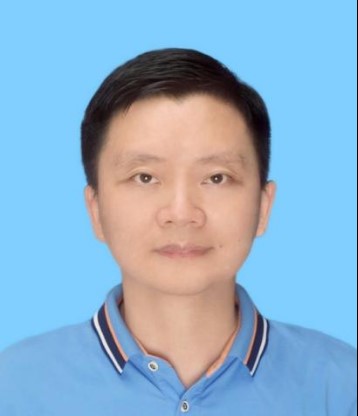
Lecture preview | professor zhou aidong: brain tumor immune microenvironment and treatment resistance
academic frontiers | preview of the 22nd lecture
lecture title
"brain tumor immune microenvironment and treatment resistance"
lecture time
april 26, 2024 (friday)
15:00-16:00
lecture location
conference room 301, building 5, jinfeng laboratory
keynote speaker
professor zhou aidong
introduction to the keynote speakers

professor zhou aidong, professor and doctoral supervisor of the school of basic medicine of southern medical university, guangdong’s “pearl river talent” program and southern medical university’s top-level talent introduction. he has been engaged in scientific research in the neurosurgery department of md anderson cancer center for many years, mainly engaged in primary glioblastoma and research on the mechanism and translation of brain metastasis in lung cancer/breast cancer. he has published multiple research papers as the corresponding author or first author in journals such as nat cell biol, pnas, adv sci, cell reports medicine, etc., and has been cited more than 3,000 times (including science, cell, nat med and other journals). he serves as a member of the neuro-oncology branch of the chinese neurological society, a standing committee member of the neuro-oncology branch of the guangdong society of precision medicine, and a standing committee member of the metastasis branch of the society of precision medicine. he has presided over a number of research projects at the national natural and provincial and ministerial levels.
lecture summary
tumor cells use multiple mechanisms to escape immune system attack and establish a microenvironment conducive to their own survival and proliferation. the team is committed to revealing the regulatory mechanism of the immune microenvironment of brain tumors: in glioblastoma (gbm), it was found that co-amplification of the epidermal growth factor (egfr) adjacent gene sec61g can inhibit anti-tumor immune activity, leading to egfr amplification in gbm. immune escape , providing new immunotherapy targets and combination treatment strategies for gbm; in lung cancer/breast cancer brain metastases, hsp47 was found to promote microglial m2 polarization and immunosuppression by mediating collagen deposition, providing a solution for brain metastases. potential treatment avenues.
everyone is welcome to actively participate
- About Us
-
Research Platform
- Major Disease Sample Database
- Innovative Drug Verification And Transformation Platform
- Experimental Animal Center
- Life And Health Future Laboratory
- Biomedical Imaging Platform
- Cell Multi-Omics Platform
- Pathology Technology Platform
- Bioinformatics Research And Application Center
- Jinfeng Pathology Precision Diagnosis Center
- Research Team
- Information Center
- Join Us


 渝公网安备50009802002274
渝公网安备50009802002274